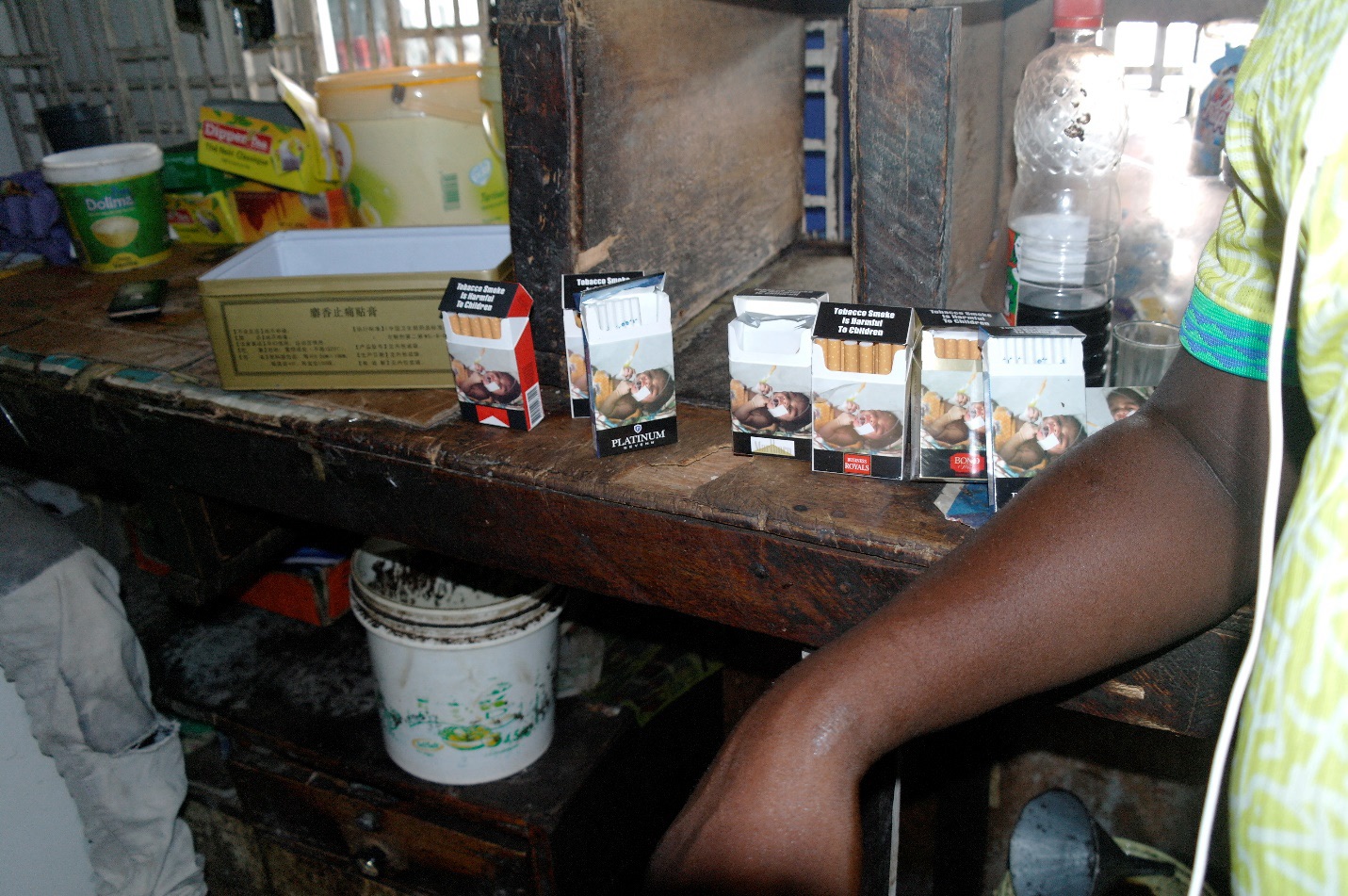By Yunus S Saliu

In a three-day exercise carried out by the Non-Communicable Disease (NCD) enforcement officers of the Ministry of Health in collaboration with the National Environment Agency, Gambia Revenue Authority, and the Gambia Police Force, the team visited various business places especially those selling tobaccos within the Kanifing Municipal Council and West Coast Region for inspection with aim of enforcing the Tobacco Control Act.
The exercise which started on the 14th ended on 16th August 2024 without leaving no stone unturned as some cigarettes of vendors that were not compromised with the Tobacco Control Act were seized. Both private national media houses joined the inspection team during these three days of exercises.
The enforcement team also carried out similar exercises in other regions across the country the team also used the opportunity of the inspection to update the vendors’ knowledge about the Tobacco Act and also warned them to abide by warnings and health messages regarding tobacco and smoking to save them from defaulting the law.
Among those that defaulted were those selling cigarettes in pieces instead of selling per box, those displaying them openly to attract people especially the underage, and those that are selling cigarettes that have no law of The Gambia graphic health warnings and health messages printed/embossed on all accepted cigarettes and tobacco packages to be sold in the Gambia.

However, in a brief interview with Lamin Mbye, a Public Health worker working at the Brikama Hospital, disclosed that the compliance rate is improving “because the majority of the toabacco dealers now abide by the Tobacco Act 2016 by selling or importing cigarettes which have the law of The Gambia graphic health warnings and health messages printed/embossed on all accepted cigarettes and tobacco packages selling in the Gambia.”
More so, he said most of the visited shops and supermarkets in the Brikama area are not displaying them for public eyes, and selling cigarettes to minors has drastically reduced but now “What we are struggling with is the sale of single cigarette per person, this is the most common issue we are are facing now.”
He noted that majority of these shops are still selling a single cigarette per person but it is still difficult to nab some of them because immediately after the enforcement team commences the exercise they always inform each other.
But so far, he described the exercise as successful compared to the past while thanking their partners – MOH, NEA, GRA, GPF for their collaboration in carrying out the exercise.





